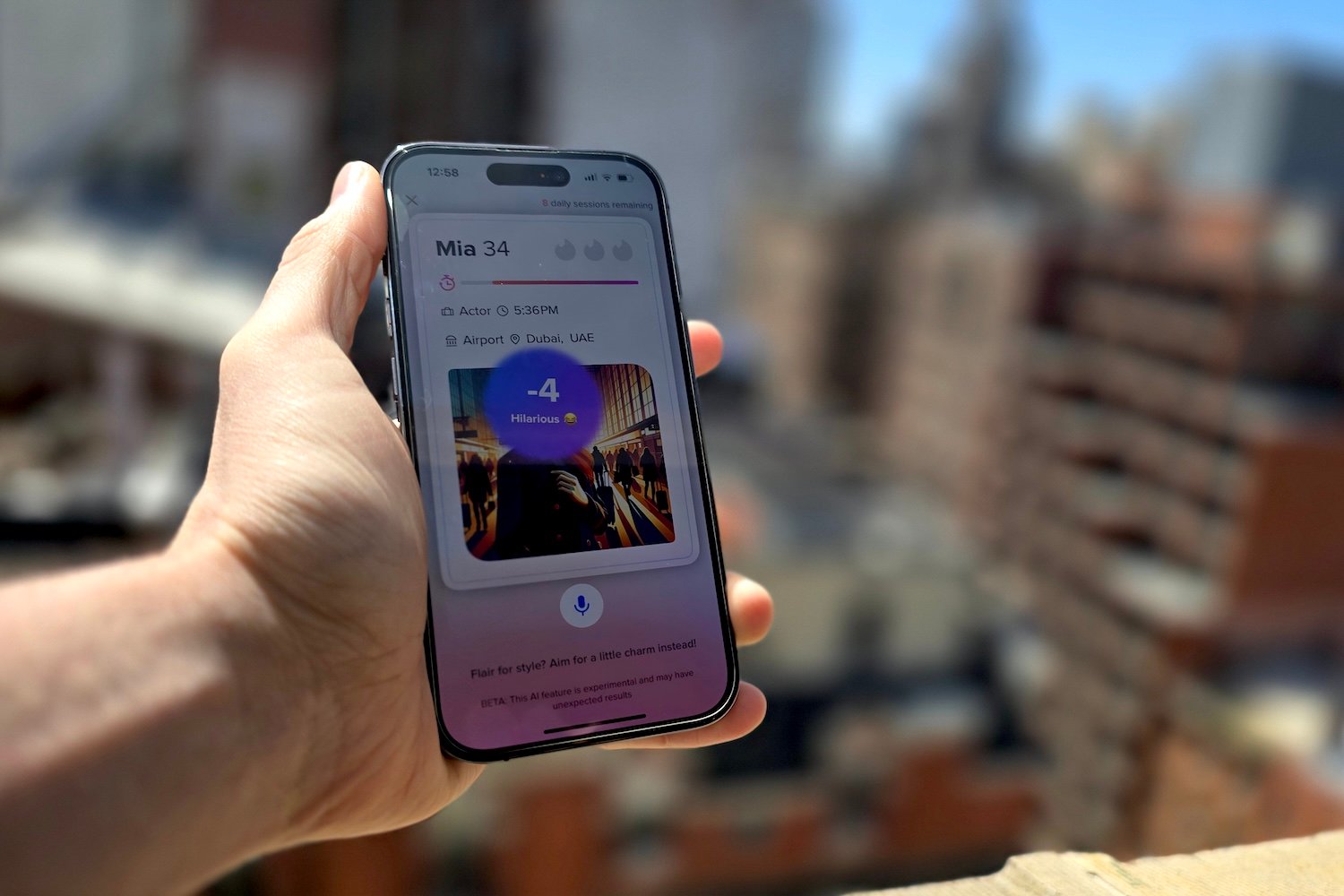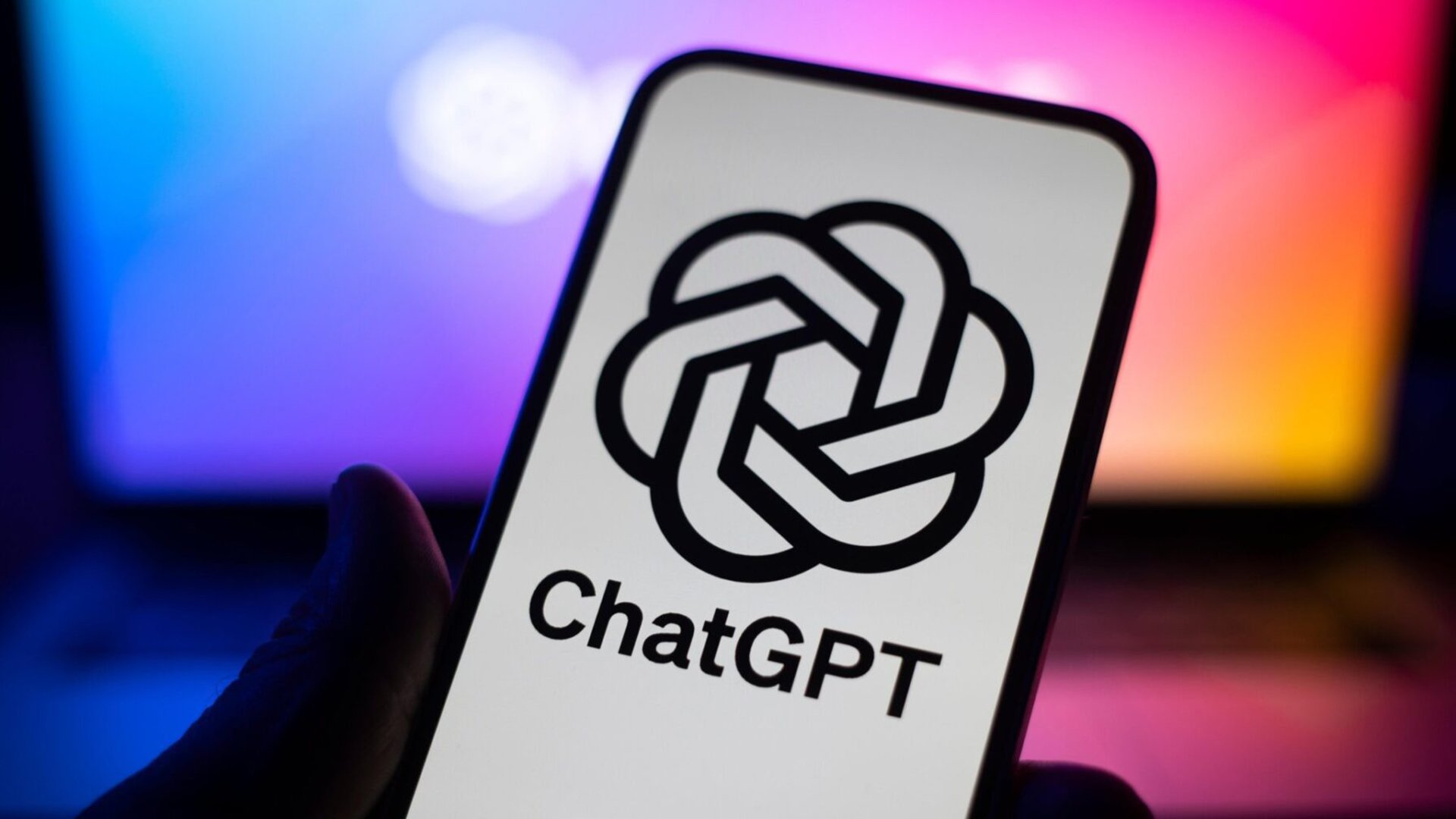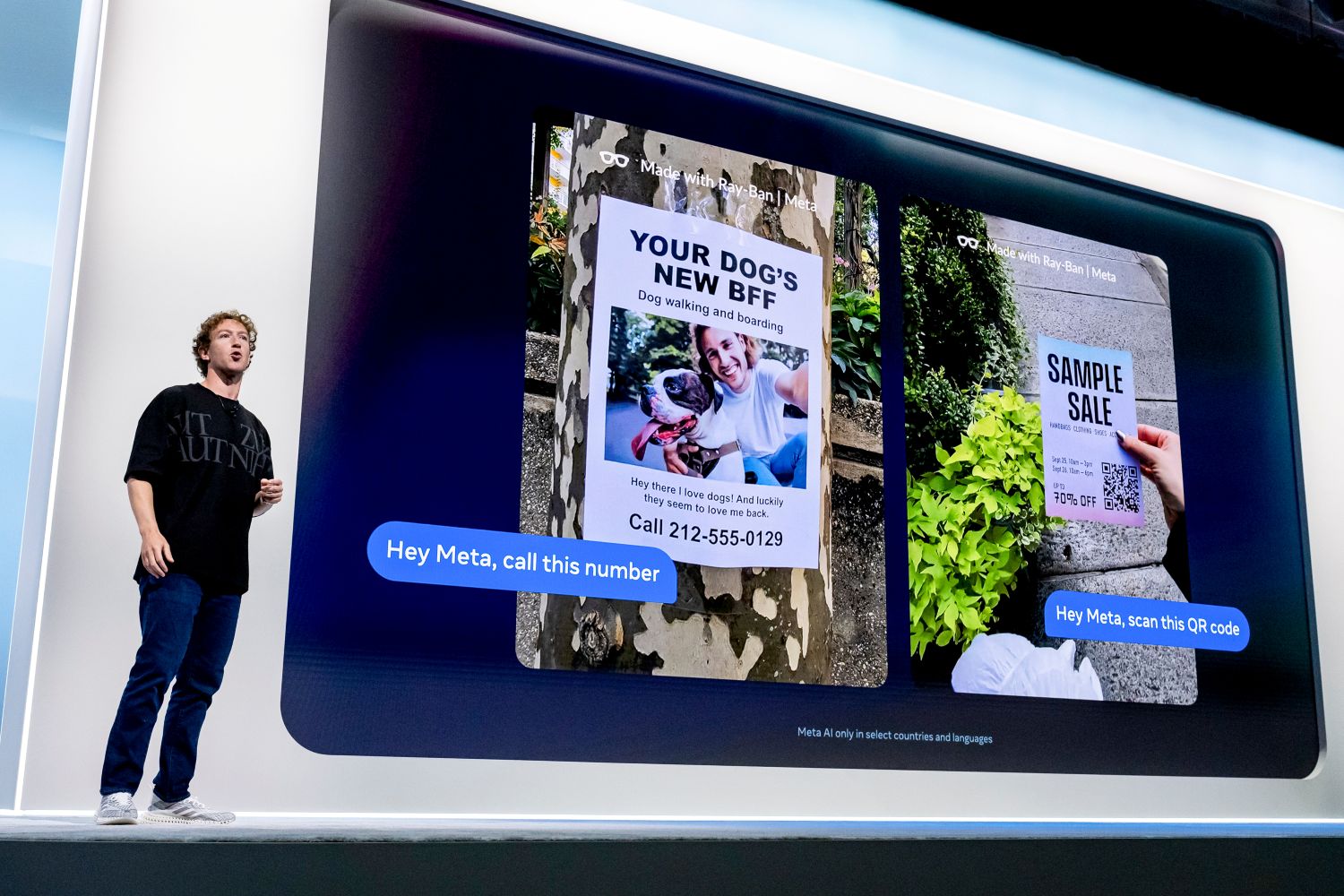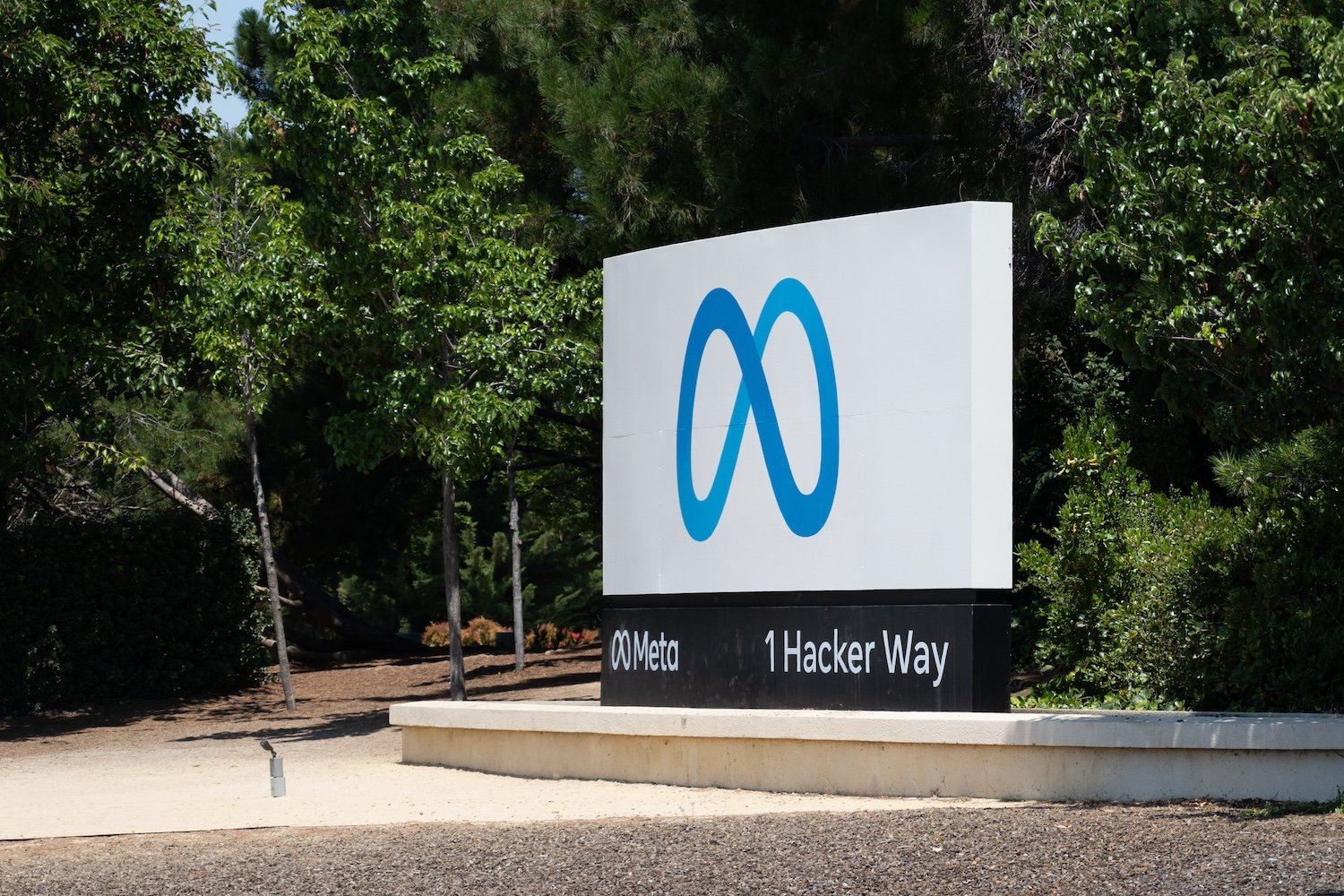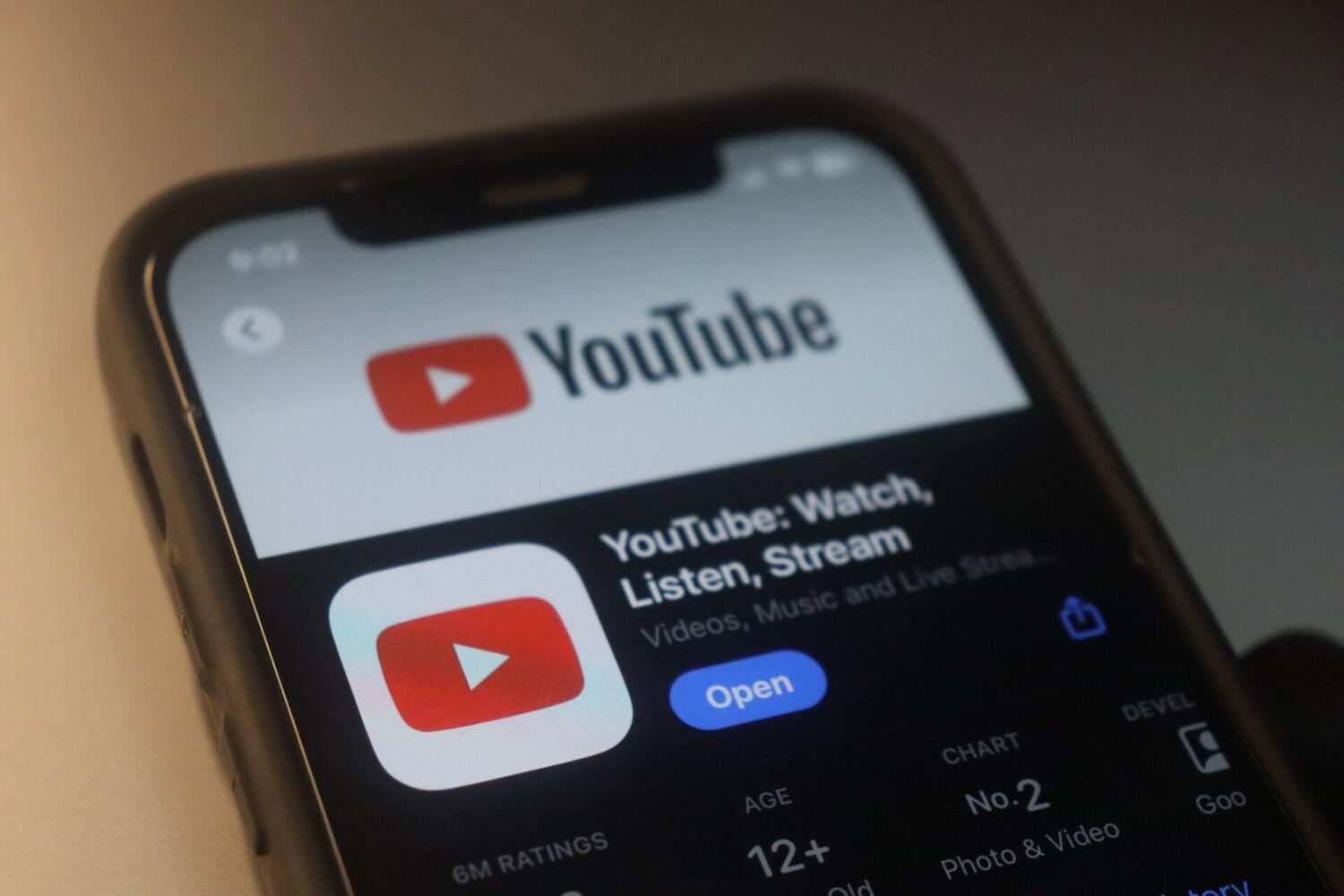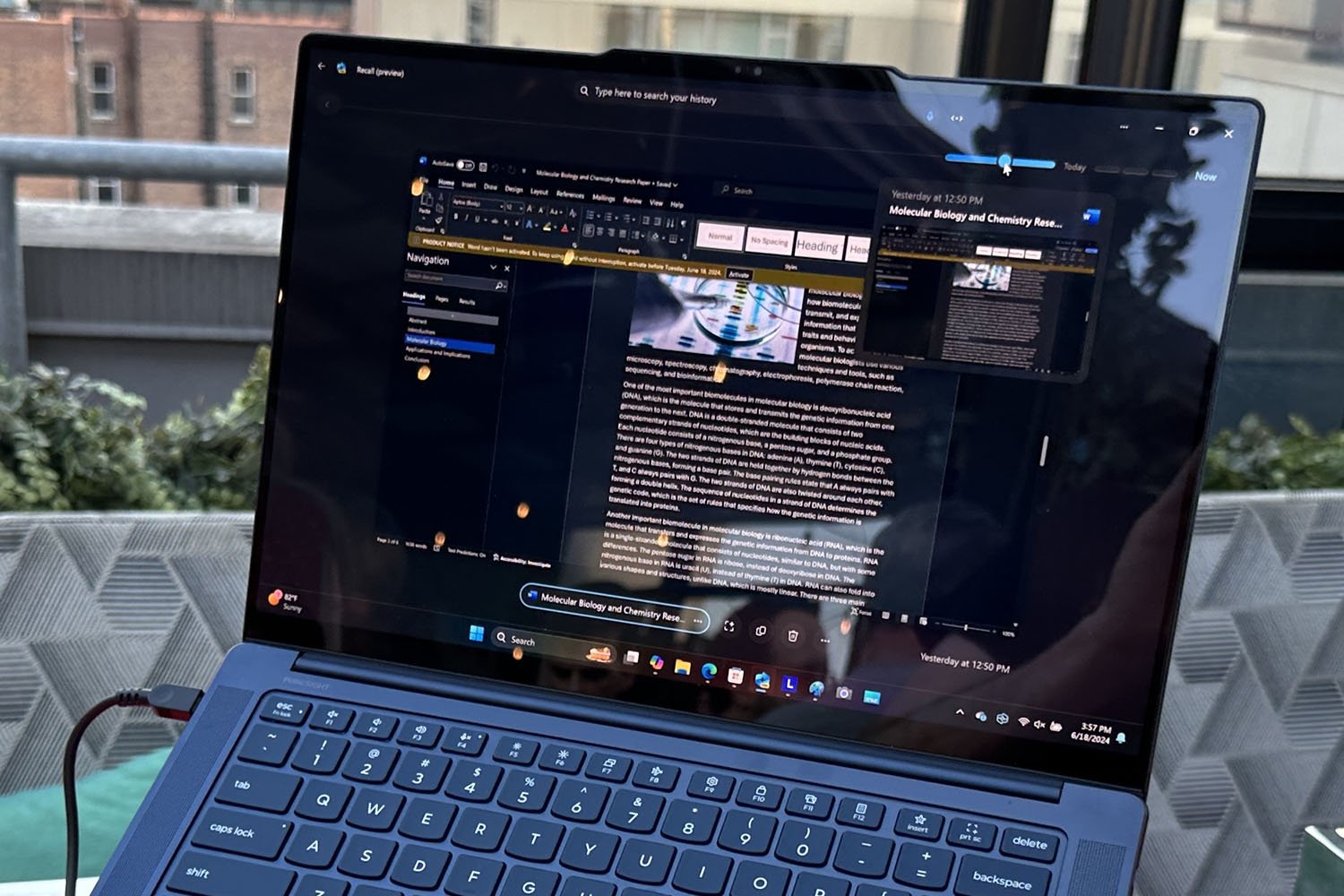Tinder, after partnering with OpenAI, has introduced AI characters with generated personalities into its dating app. Not as potential dates, but rather as practice partners for honing your conversational skills. This new feature, “The Game Game,” serves as a virtual training ground for navigating the often awkward world of initial interactions. However, its existence highlights the increasing reliance on algorithms and technology in modern dating, further blurring the lines between organic connection and digitally mediated experiences.
Tinder invited me to preview “The Game Game” before its official launch. Powered by OpenAI’s Realtime API, the game simulates “meet-cute” scenarios with AI-generated individuals. Unlike Character.ai, where users create custom chatbots, “The Game Game” presents users with random, conventionally attractive AI personalities. The goal is to engage these characters in conversation, earning rewards for demonstrating curiosity, warmth, active listening, and thoughtful questioning. Tinder encourages users to “do what feels natural,” but interacting with a generated character inherently feels anything but. Yet, is it truly any more awkward than initiating a conversation with a stranger on a dating app?
My own experience with “The Game Game” proved to be a mixed bag. Attempting to playfully challenge the AI’s boundaries, I introduced unexpected scenarios like spilled battery acid instead of wine. The AI responded by recommending a doctor’s visit and promptly ending the conversation. Similarly, suggesting breaking a window during an escape room scenario with another AI character quickly brought our virtual interaction to a halt.
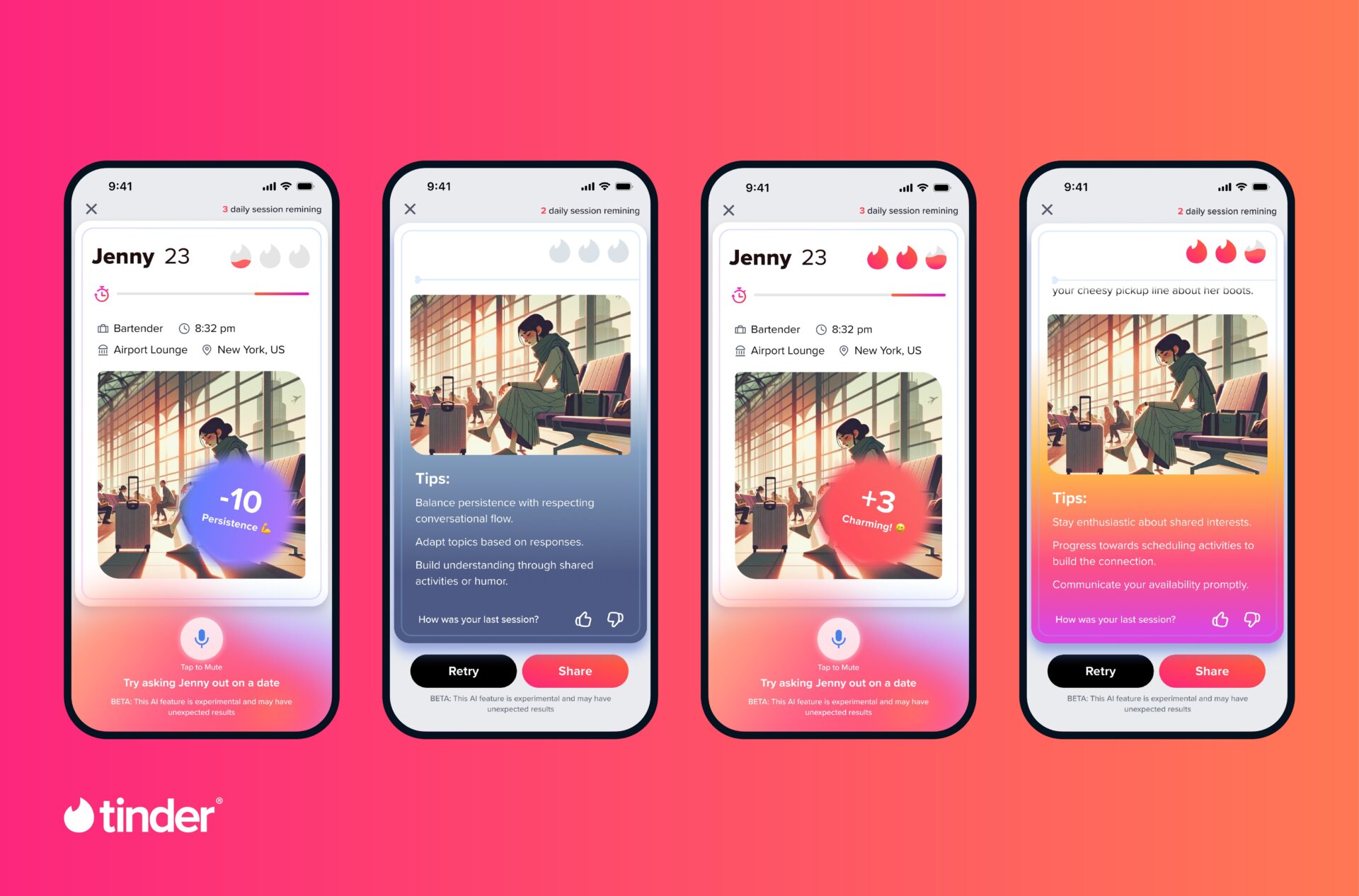 alt
alt
These AI characters are essentially parodies of humans. In a New York City cab scenario, the AI’s exaggerated Brooklyn accent and overly gracious apologies felt more like a caricature than a genuine interaction. Despite my awkward attempts at conversation, Tinder awarded me near-perfect marks. The app emphasizes that users shouldn’t take the game too seriously. However, OpenAI views it as a valuable showcase for its Realtime API, which utilizes GPT-4o models to facilitate near-human-speed conversational exchanges. The question remains whether Tinder, a platform known for its emphasis on volume over depth, is the ideal environment for this type of AI simulation.
Tinder’s parent company, Match Group, also owns Hinge, OKCupid, Plenty of Fish, and other popular dating platforms. Collectively known as “the apps,” these platforms have become integral to many people’s search for relationships. While some have found success, many others experience a cycle of first dates and few follow-ups, despite meticulously analyzing profiles for shared interests.
“The Game Game’s” focus on spontaneity contrasts sharply with the typical “apps” experience. Pew Research data from 2023 reveals a growing dependence on dating apps for finding long-term relationships, with over a third of users paying for premium features. Apps like Hinge often monetize by placing desirable profiles behind paywalls and encouraging prompt-based conversations. This gamified approach, reminiscent of TikTok’s addictive scrolling, leaves little room for genuine “meet-cute” moments.
“It was inevitable,” the opening line of Gabriel Garcia Márquez’s Love in the Time of Cholera, resonates with the current state of online dating. The novel explores themes of longing, desire, and the inherent absurdity of love. This absurdity, however, differs from the kind presented by OpenAI and Tinder’s latest venture. “The Game Game” raises the question of whether those seeking genuine connections might be better served by stepping away from the apps and embracing opportunities for real-world encounters, rather than interacting with AI caricatures.



